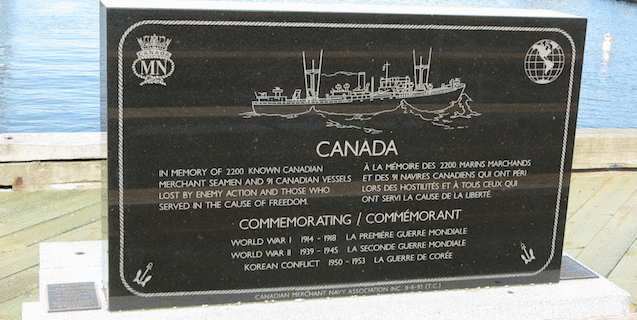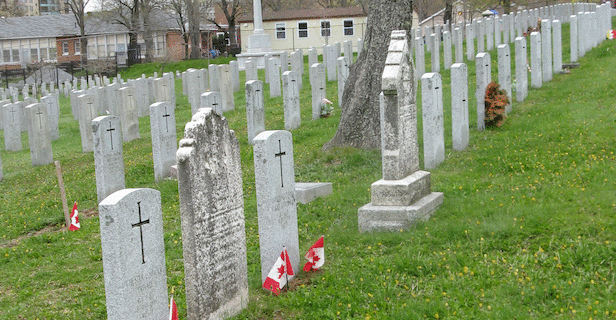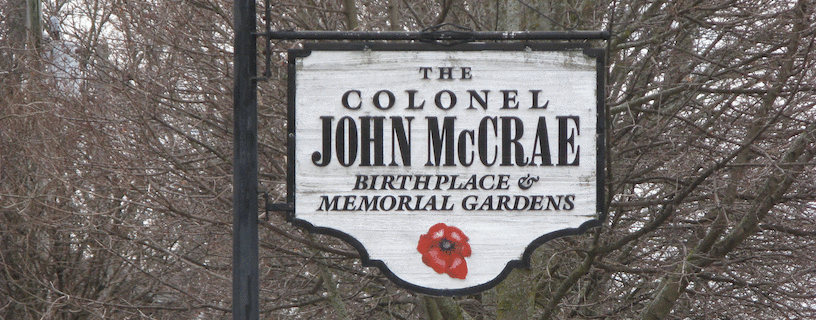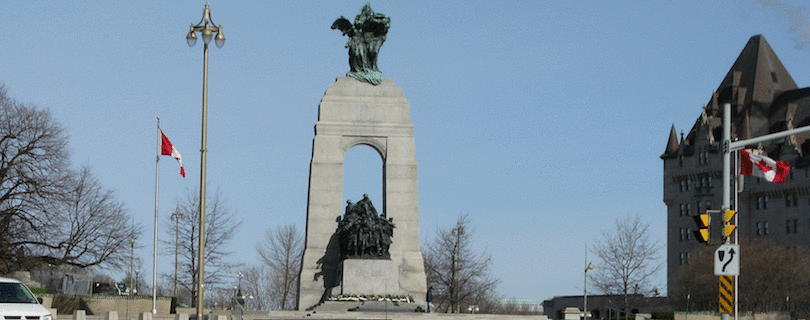- English
- Francais
Great Britain declares War on the German Empire
On August 4, 1914, Great Britain declared war on the German Empire for, among a long list of complex reasons, violating Belgian Neutrality as they attempted to invade France through Belgium. While the cabinet declared war on the German empire and not the King, this was primarily a constitutional delicacy. It was really the British Empire declaring war on the German Empire and that the Dominions and the British Indian Empire would support Great Britain directly was no more surprising than Austro-Hungary supporting Germany.
This event is marked up below as it is recorded within Muninn. Nothing there should surprise you expect for the use of a Time Owl property that states that the event occurred inside the Great War and the event is not the Great War itself. Why?
<org:Event rdf:about="...Event/BritainDeclaresWar"> <rdf:type rdf:resource="time#Instant"/> <foaf:name xml:lang="en">Great Britain declares War on the German Empire</foaf:name> ... <org:hasPrincipal rdf:resource="dbpedia:British_Empire"/> <time:inside rdf:resource="organization:EraGreatWar"/> <time:inDateTime> <time:DateTimeDescription rdf:about="DateTimeDescription/BritainDeclaresWar"> ... <time:year rdf:datatype="XMLSchema:gYear">1914</time:year> <time:month rdf:datatype="XMLSchema:gMonth">08</time:month> <time:day rdf:datatype="XMLSchema:gDay">04</time:day> </time:DateTimeDescription> </time:inDateTime> </org:Event>
In English speaking countries, Britain declaring war is seen as the beginning of the War. However, if you happened to be French, Belgian, German or even Archduke Franz Ferdinand, the war had already started a few weeks ago. There is a great quote in the period movie Barry Lyndon (1975):
We tend to model events from our own perspective and cultural context. Sometimes this is a appropriate and sometimes not, but in the end all events tend to be interrelated.
- Log in to post comments






